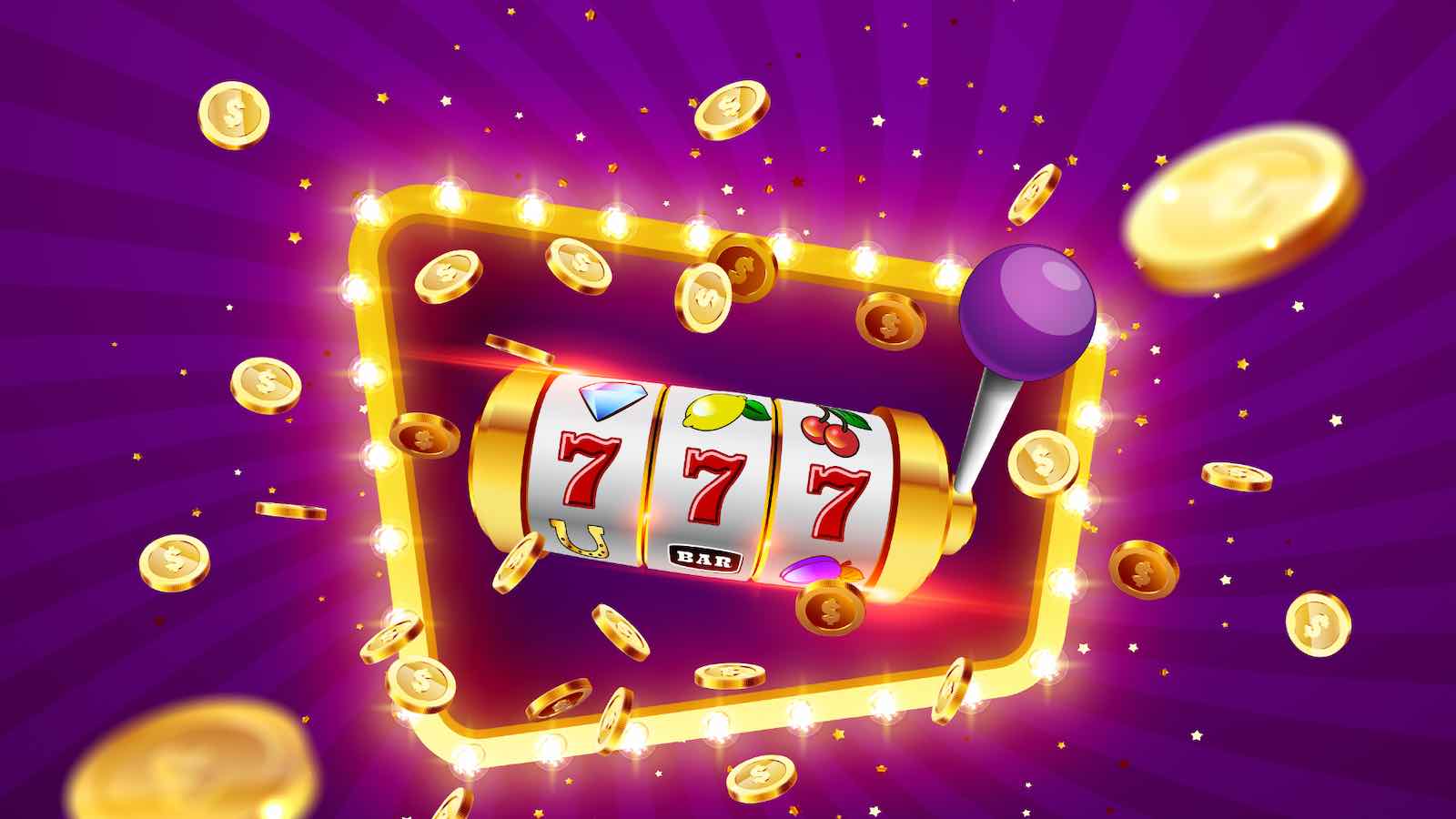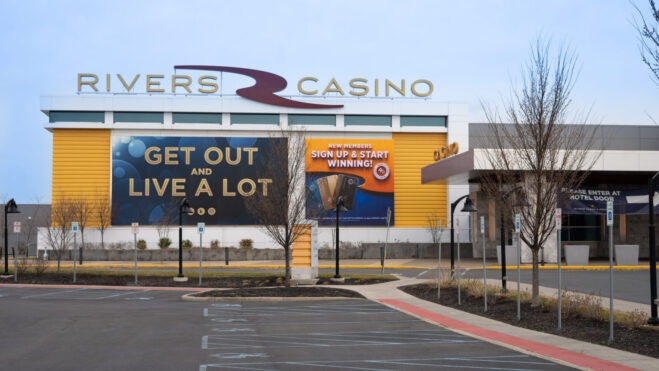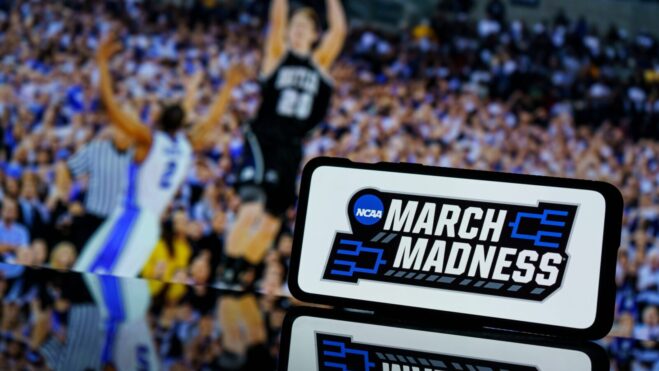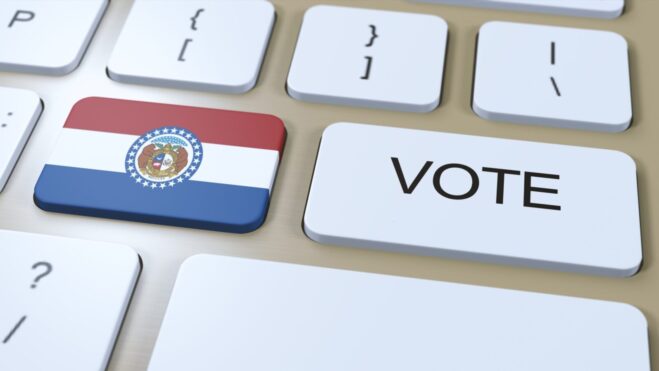Washington State Rules Against Social Casinos In Gambling Suit
A district judge in Washington State has ruled that social casino operator High 5 is offering illegal gambling in the state.
3 min

A Washington state court is once again targeting the social casino industry, ruling that two popular mobile apps, High 5 Casino and High 5 Vegas, constitute illegal gambling under state law.
This decision in Larsen v. PTT, LLC, delivered by District Court Judge Tiffany Cartwright, stems from a lawsuit filed by player Rick Larsen in 2018. Larsen argued that High 5 Games, the developer behind the apps, promoted illegal gambling by offering a seemingly innocuous social casino experience that ultimately facilitated real-money wagers.
The case hinges on Washington State’s strict stance against online gambling. Unlike some states that have legalized and regulated online casinos, Washington maintains a more restrictive approach.
This has created a legal gray area for social casino apps, alternatively referred to as sweepstakes games, that offer virtual currencies instead of real money. However, Judge Cartwright’s decision clarifies that these virtual elements can still be considered a form of gambling under specific circumstances.
The crux of the case appears to be the functionality of the virtual coins within High 5 Casino and High 5 Vegas. While the apps offer free coins to initiate gameplay, these coins are ultimately used for activities that mimic real-world casino experiences.
Players can place wagers, win or lose virtual chips, and, most importantly, purchase additional chips using real money to continue playing. This element of “risk” and the potential to spend real money to acquire additional in-game currency appear to be the key factors in the court’s determination.
Reminiscent of Big Fish suit
Judge Cartwright’s reasoning seems to be bolstered by a similar case decided in 2018. In that case, plaintiff Cheryl Kater sued horse racing company Churchill Downs Inc. over its social casino app, Big Fish Casino. The court, in that case, concluded that the virtual coins used in Big Fish Casino constituted “items of value” under Washington law.
This established a precedent that virtual currencies in social casino apps could be considered something of worth, even if they don’t directly translate to real-world money. High 5 Games, in its defense, argued that the social casino model does not involve real money and, therefore, doesn’t qualify as gambling.
However, Judge Cartwright’s decision appears to dismantle this argument by focusing on the core elements of gambling – risk, reward, and the potential to spend real money to influence the outcome of the game. While players might not be wagering actual dollars, the virtual chips represent a valuable in-game currency that can be used to win or lose. This creates a gambling-like experience that incentivizes spending real money for a potential advantage.
This ruling echoes the outcome of the Big Fish Casino case. It sets a potentially significant precedent for the regulation of social casinos in Washington and potentially other states with similar online gambling restrictions.
It also suggests that social casinos cannot simply rely on the absence of real-money transactions to avoid legal scrutiny. If they offer virtual currencies that function similarly to real money within a gambling-like environment, they might be deemed illegal under existing gambling laws.
Beyond legal implications, the court’s decision also has financial consequences for High 5 Games. Following Judge Cartwright’s order, the company faces potential damages awarded to Larsen and the class of consumers he represents. The exact amount of compensation will be determined by a jury trial.
Virtual currency not a free pass
This case highlights the ongoing legal debate surrounding social casinos. It reignites the conversation about the need for clearer regulations to define the boundaries between social entertainment and illegal gambling activities, particularly when virtual currencies are involved and the line between social interaction and real-world casino experiences becomes blurred.
For social casinos, this could mean a reevaluation of their operational practices, particularly in how they offer and manage virtual currencies. The ruling suggests that any social casino that allows the purchase of virtual currency with real money, even if the currency is non-redeemable, may be at risk of being classified as illegal gambling. This is especially pertinent in Washington State, which has now demonstrated a pattern of hostility towards virtual casino operators through its legal decisions.
Moreover, the outcome of the case against High 5 Games could inspire a new wave of similar lawsuits from consumers who have spent money on virtual currencies in other social casinos. Several similar suits are already underway, including against the company behind Chumba Casino and LuckyLand Slots and even Amazon. The potential for class action lawsuits could lead to a domino effect, prompting a closer examination of the legality of social casino practices on a wider scale.





